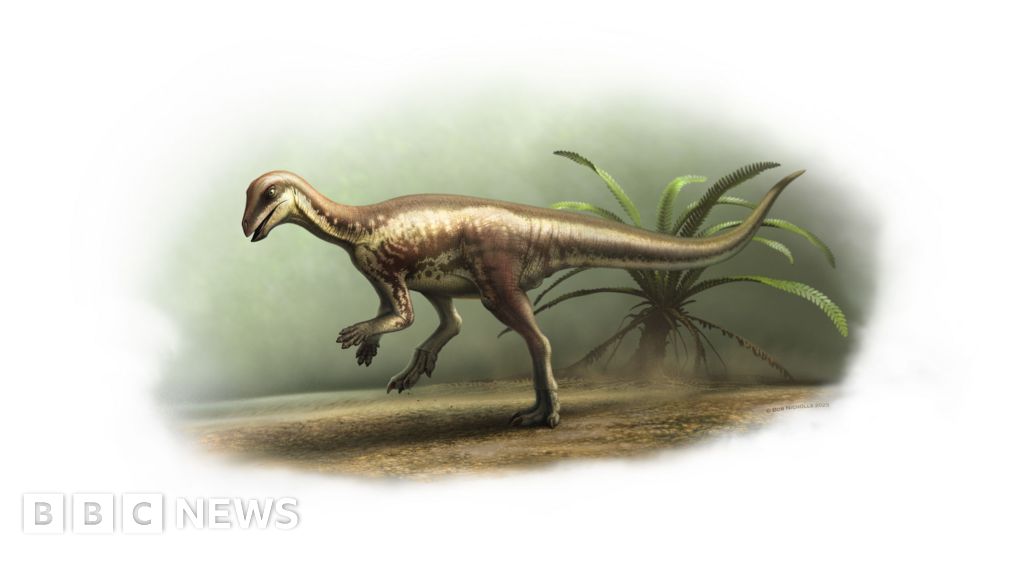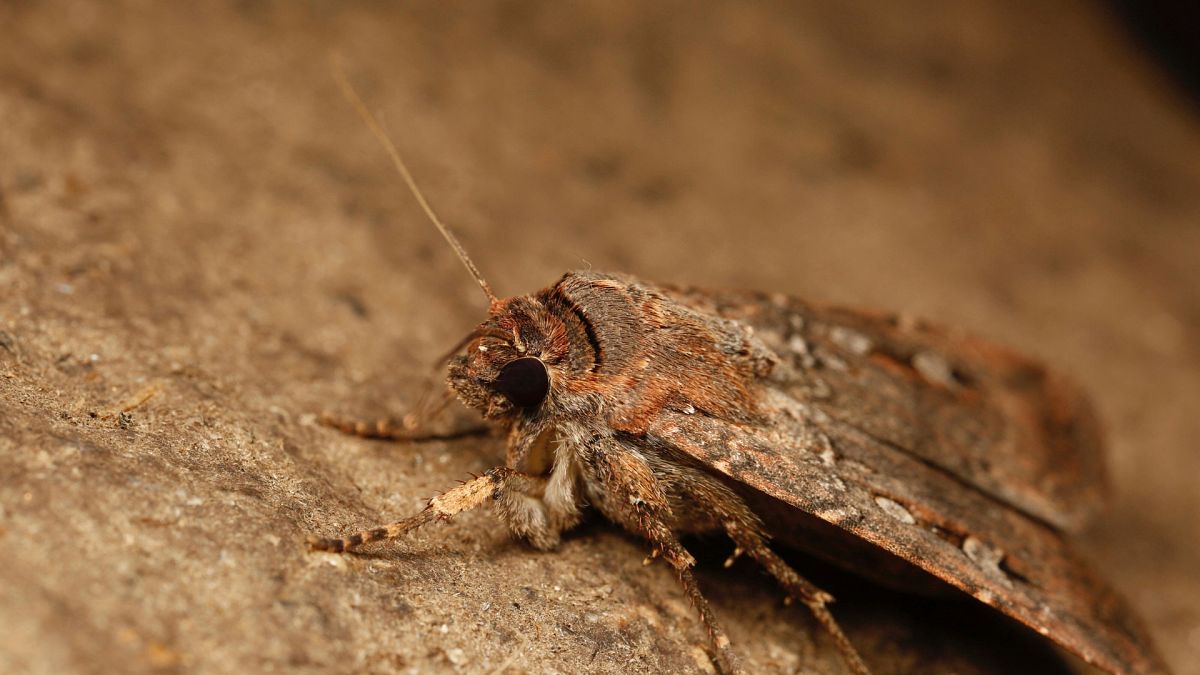Galápagos Tomatoes: A Case of De-Evolution?

As the world continues to evolve, both plants and animals undergo changes that reflect the ever-adapting nature of life. However, intriguingly, a group of plants found in the Galápagos archipelago appears to contradict this trend. Researchers suggest that tomatoes in the Galápagos may be exhibiting signs of de-evolution, an idea that raises eyebrows in the scientific community. This phenomenon, while controversial, indicates that these tomatoes might actually be reverting to a more primitive genetic state.
The concept of de-evolution, also known as reverse evolution, is contentious among evolutionary biologists. Evolution typically does not possess a rewind button; rather, organisms adapt and may re-acquire lost traits through new genetic pathways. Yet, in the case of these Galápagos tomatoes, an unexpected scenario is unfolding. Adam Jozwiak, a molecular biochemist from UC Riverside and lead author of the study, expressed surprise at the findings: “It’s not something we usually expect. But here it is, happening in real time, on a volcanic island.”
Researchers believe that the basis for this apparent de-evolution lies in the tomatoes reverting to a more ancient form of chemical defense. A key indicator of this shift is the presence of alkaloids—bitter molecules that serve as natural pesticides. These chemical compounds help protect the plants from a variety of threats, including insects, fungi, and grazing animals. While modern tomatoes, along with other plants, produce alkaloids, what caught the researchers' attention was the peculiar fact that these Galápagos tomatoes are generating the “wrong” alkaloids.
Instead of the expected alkaloids typical of contemporary tomatoes, these plants are producing versions that resemble those associated with ancient relatives, specifically eggplant species from millions of years ago. This discovery is particularly striking because it does not apply uniformly to all tomatoes in the Galápagos. The tomatoes found on the eastern islands retain the molecular structure of their modern counterparts, whereas those on the western islands produce alkaloids more akin to ancient plants, indicating a potential path of de-evolution.
Intrigued by these findings, the researchers embarked on a deeper investigation into how such a de-evolutionary process might occur. They discovered that merely four amino acid changes in a single enzyme were responsible for the observed transformations in these plants. To validate their findings, they synthesized the genes coding for the new enzymes in a laboratory setting and introduced them into tobacco plants, which then began producing the ancient alkaloids, reinforcing the study's claims. The results of their research have been published in Nature Communications.
The researchers speculate that the harsher environmental conditions found on the western islands of the Galápagos may be driving this de-evolution. These islands are geologically younger and more unstable, characterized by barren landscapes and less developed soil. Such challenging conditions might compel the plants to revert to an older biochemical configuration as a survival strategy.
However, the concept of reverse evolution is not without its critics. Jozwiak acknowledged the controversy surrounding their findings, stating, “Some people don’t believe in this. But the genetic and chemical evidence points to a return to an ancestral state. The mechanism is there. It happened.” The implications of this research extend beyond plants; the researchers propose that similar mechanisms could potentially influence human evolution. Over generations, environmental changes might lead the human body to reacquire traits that have been lost over time, challenging traditional views of linear evolution.
This idea opens the door to a profound reconsideration of evolutionary history and offers valuable insights into our own ancestral lineage. The beauty of science lies in its ability to question established beliefs, and while the idea of de-evolution might seem absurd at first, the case of the Galápagos tomatoes serves as a compelling example of how new developments can disrupt long-held convictions about the evolutionary process.


















